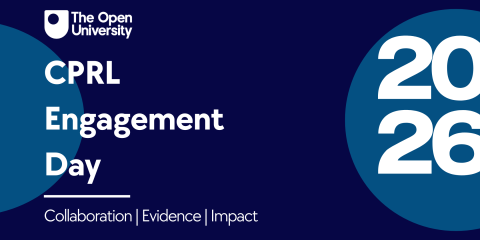1.02 Visual identification – what works
Academic team: Prof Graham Pike, Dr Hayley Ness, Dr Catriona Harvard and Dr Virginia Harrison
Policing partners: Greater Manchester Police, Merseyside Police
Status: Complete
The project used three surveys:
- A questionnaire completed by policing staff
- A questionnaire completed by witnesses/the general public
- A tool to record additional information about identification procedures
The results of the research showed a worrying disjuncture between the relevant practice guidelines and the behaviour of witnesses in a criminal investigation. This included that many witnesses either did not understand the instructions given to them at an identification procedure and/or chose to interpret them in ways not intended by the police. For example, witnesses reported that they expected the perpetrator to be present in the parade and that they should select someone.
Overall, there appeared to be a pattern of witness selection, including self-selection, and behaviour that meant that the witnesses tending to take part in identification procedures displayed many of the characteristics that research has shown are likely to lead to misidentifications.
Outputs
| Title | Outputs type | Lead academic | Year |
|---|---|---|---|
| Identification evidence | Book chapter | Pike, G | 2018 |
| Perceptual impacts on eyewitness identification | Conference paper | Pike, G | 2016 |
| Face recognition in forensic settings | Conference paper | Pike, G | 2018 |
| Face recognition in forensic settings | Symposium | Pike, G | 2016 |
| Public and police perceptions of psychology and the law | Symposium | Pike, G | 2015 |
| Identity, citizenship and engaging with the criminal justice system | Conference paper | Briggs, G | 2015 |
| How to improve identification evidence: practitioner hits and academic false alarms | Website | Pike, G | 2015 |
| Facing criminal justice: face perception research and the criminal justice system | Symposium | Pike, F | 2015 |
News
What does the next decade of evidence-based policing look like? Join us for the CPRL Engagement Day on 21 January 2026
This event provides a collaborative and welcoming environment for shared practice, reflection, and strategic direction-setting. Together, we will explore how our partnership can drive forward the next generation of research, innovation, and professional learning across UK policing.
